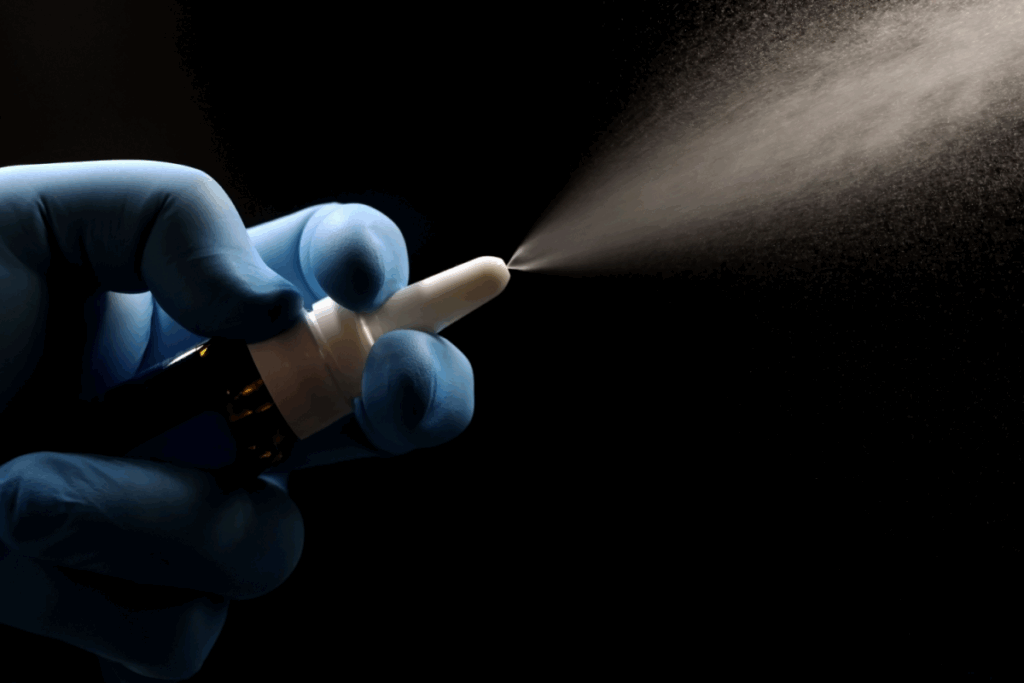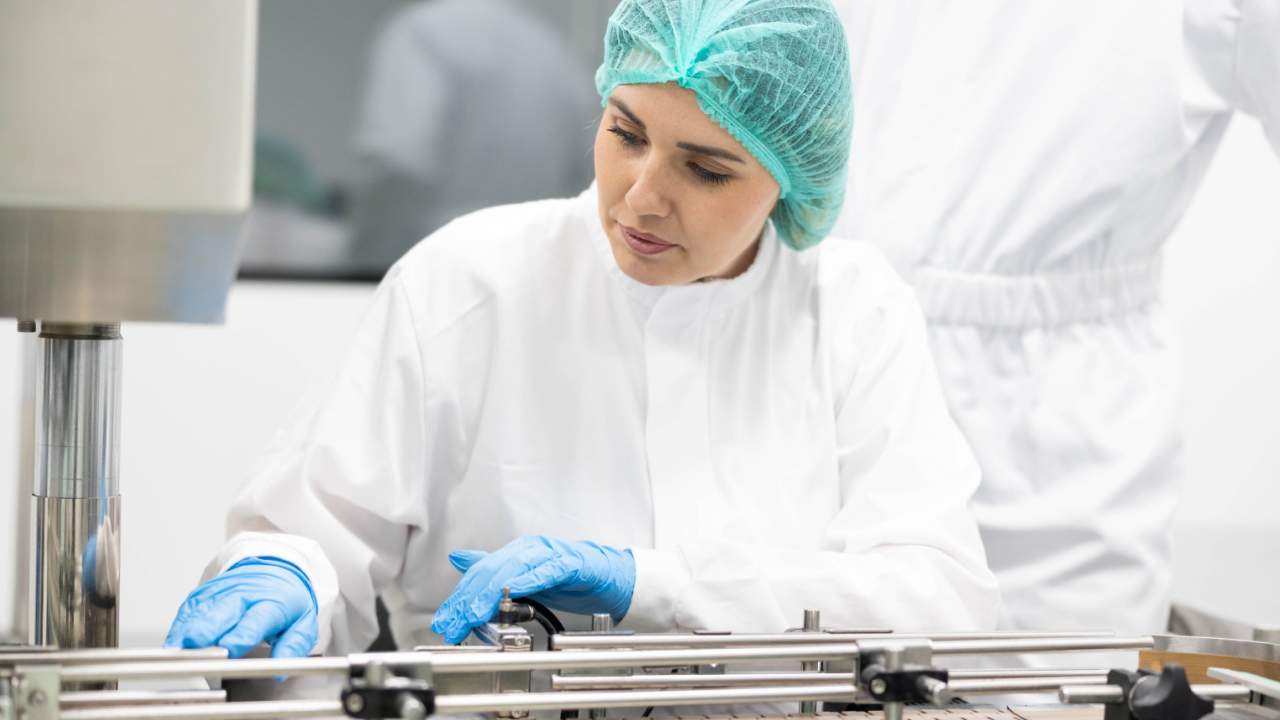Nasus Pharma Ltd. has completed its initial public offering (IPO), raising $10 million from selling 1.25 million ordinary shares at $8.00 each. The company’s shares began trading on the NYSE American exchange on August 13, 2025, under the ticker “NSRX.” The offering closed on August 14.
Current Share Price:
Nasus Pharma is a clinical-stage specialty pharma company developing powder-based intranasal therapies for acute and life-threatening medical conditions. The company focuses on needle-free delivery, which allows medicine to be absorbed quickly through the nose. This method aims to deliver drugs quickly and consistently in emergencies like severe allergic reactions, opioid overdoses and acute seizures.
The company’s lead program is NS002, an intranasal epinephrine candidate meant to be an alternative to autoinjectors for patients experiencing anaphylaxis. Early-stage studies have indicated that NS002 can achieve faster drug absorption compared to intramuscular epinephrine injections.
A Phase II study is ongoing. Nasus has outlined two additional Phase II trials: one will examine whether a second dose works better in the same nostril or the opposite one. The other trial will test whether the first dose affects how well the body absorbs a follow-up dose. These studies will help refine dosing before a larger Phase III trial, which will also evaluate how well patients can use the spray on their own.
An investigational new drug (IND) application for NS002 is planned for 2026, after completing Phase II work.
Related: Apimeds Pharmaceuticals US IPO Backs Bee Venom for Osteoarthritis Treatment
Nasus’s proprietary powder-based intranasal (PBI) platform uses a two-particle system: small, spherical, uniform drug particles for stable absorption and larger lactose carrier particles that disperse powder broadly across the nasal cavity. This design increases the surface area for absorption, which is crucial for rapid drug uptake compared to liquid sprays.
A second candidate, NS001, is an intranasal naloxone powder spray for treating opioid overdose. Although the program is currently paused, it has advanced through both pilot and pivotal Phase III studies. Data showed that NS001 delivered faster absorption during the first 30 minutes than some competing products.
Although Nasus has paused its in-house development, the company is looking for partnerships to further its regulatory and commercial plans.
In addition to these lead programs, Nasus has several proof-of-concept initiatives in earlier development. These include NS005, an intranasal midazolam for acute seizures; NS004, an intranasal atropine for organophosphate poisoning; and NS003, an intranasal ondansetron for intractable vomiting. Each is intended to demonstrate that the same technology could be applied in urgent-care settings.
The IPO proceeds will mainly support the ongoing development of NS002, including scaling up manufacturing and conducting the additional Phase II studies.
Intranasal drug delivery is becoming a popular alternative to injectable therapies. The global market for nasal drug delivery was $71.89 billion in 2022 and is expected to reach $127.12 billion by 2030.
Auto-Injector Challenges
Despite being the standard of care, epinephrine auto-injectors are not always used as intended.
A systematic review involving patients with allergies or at risk of anaphylaxis found that device malfunctions were rare, occurring in just 0.4% of nearly 3,000 documented injections. However, usability relied heavily on whether patients and caregivers had received adequate training.
A separate survey of 200 caregivers of pediatric patients with diagnosed food allergies at the Jaffe Food Allergy Institute in New York revealed significant gaps in real-world use. Although 72% of children’s most severe allergic reactions warranted epinephrine, only 38% were actually treated with it.
Parents often cited fear of needles, misjudging symptom severity and substituting antihistamines as reasons for not using the auto-injector.
Needle-Free Momentum
These challenges have increased the demand for needle-free options. In 2024, the FDA approved Neffy, a liquid intranasal epinephrine spray from ARS Pharmaceuticals, for adults and children weighing 30 kg or more. The indication expanded in March 2025 to younger children weighing between 15 and 30 kg, marking the first such approval for this group.
Neffy has since gained 93% US commercial coverage, launched in Germany and received approval in the UK. Prescriptions rose by 180% between the first and second quarters of 2025 due to improved payor access, a national advertising campaign and school distribution programs.
The rapid adoption of Neffy indicates that regulators, physicians and payors are likely becoming more comfortable with the intranasal option.
If you want your company to be featured on Xtalks.com, please email [email protected].












Join or login to leave a comment
JOIN LOGIN